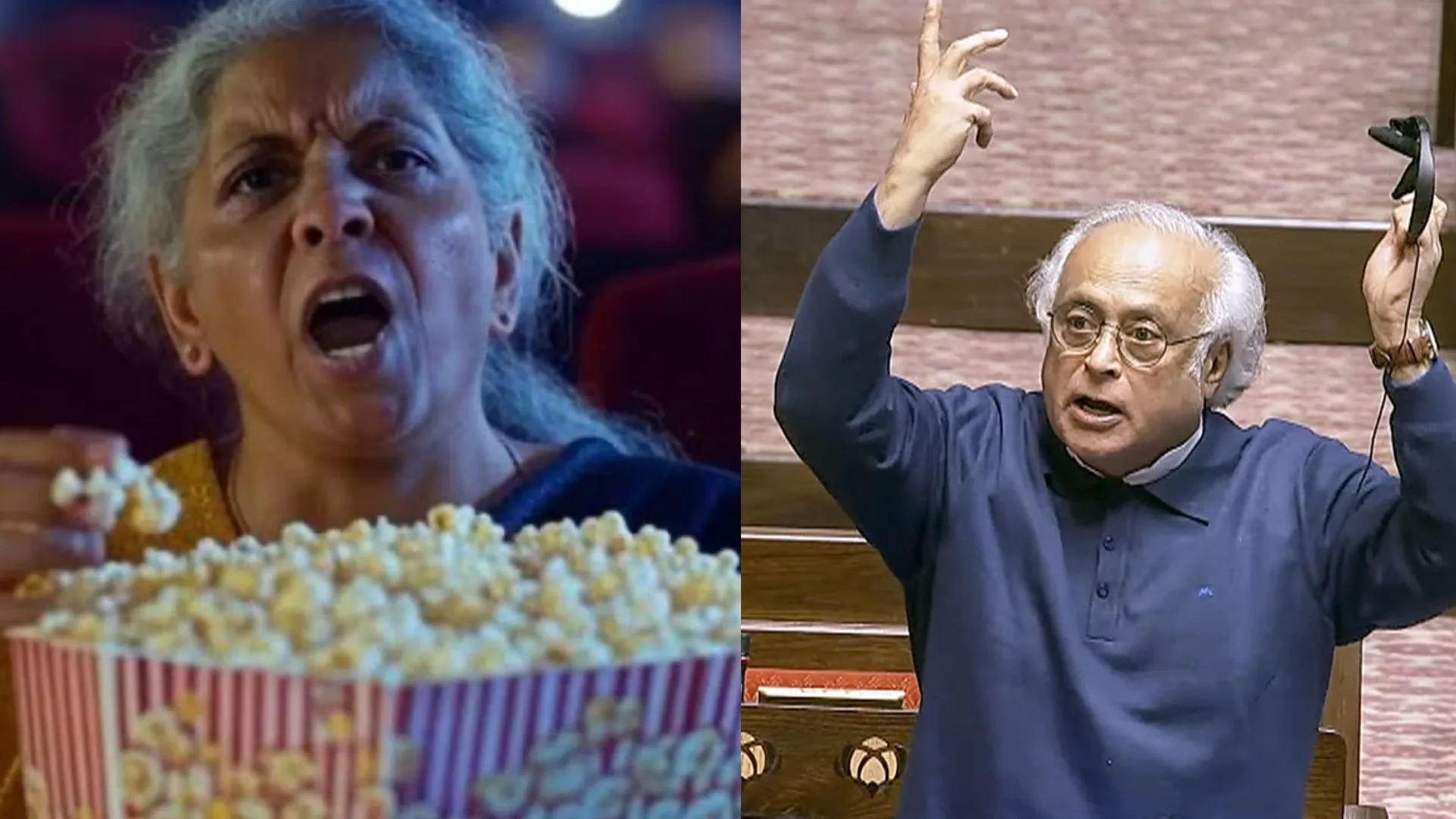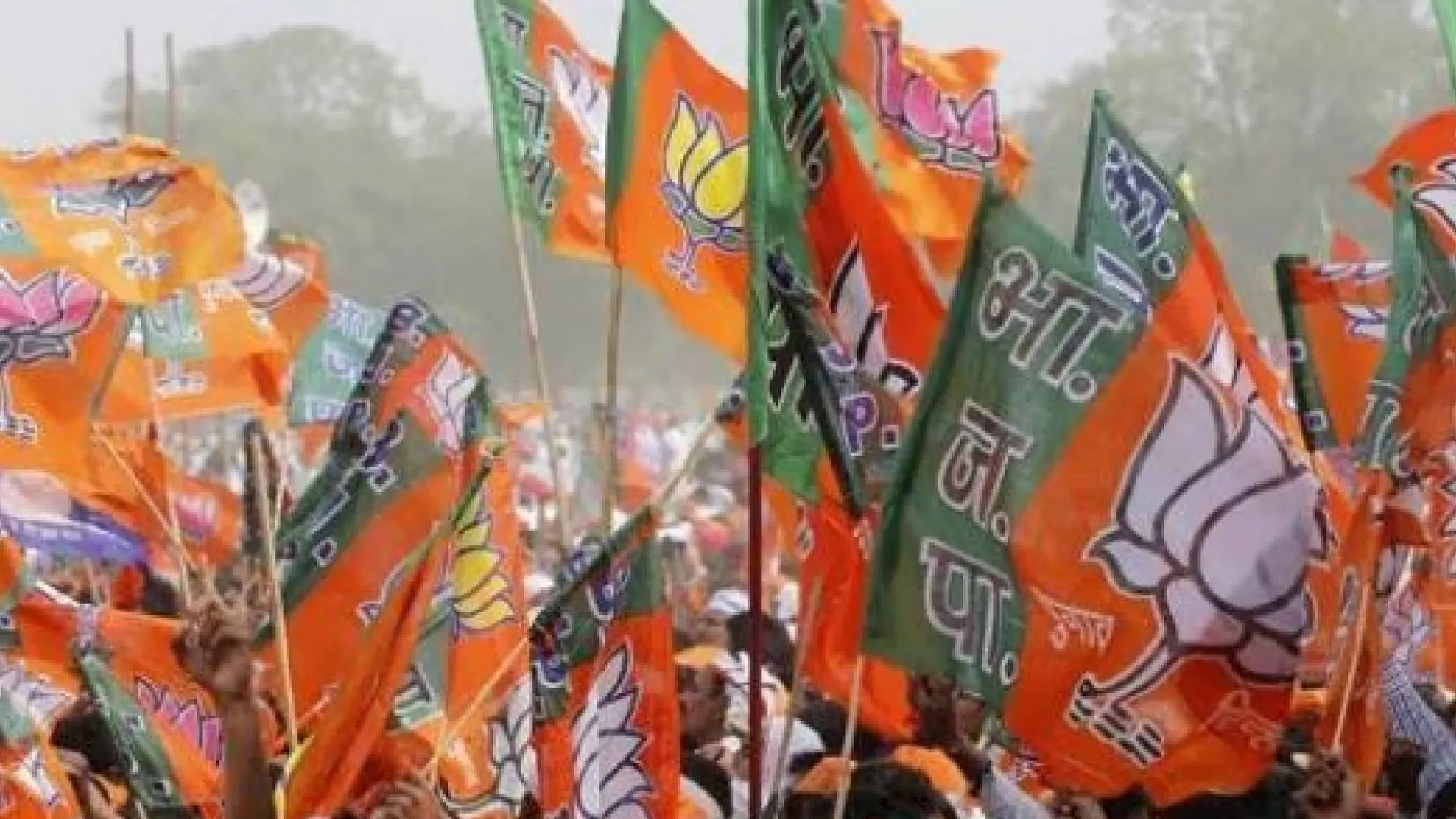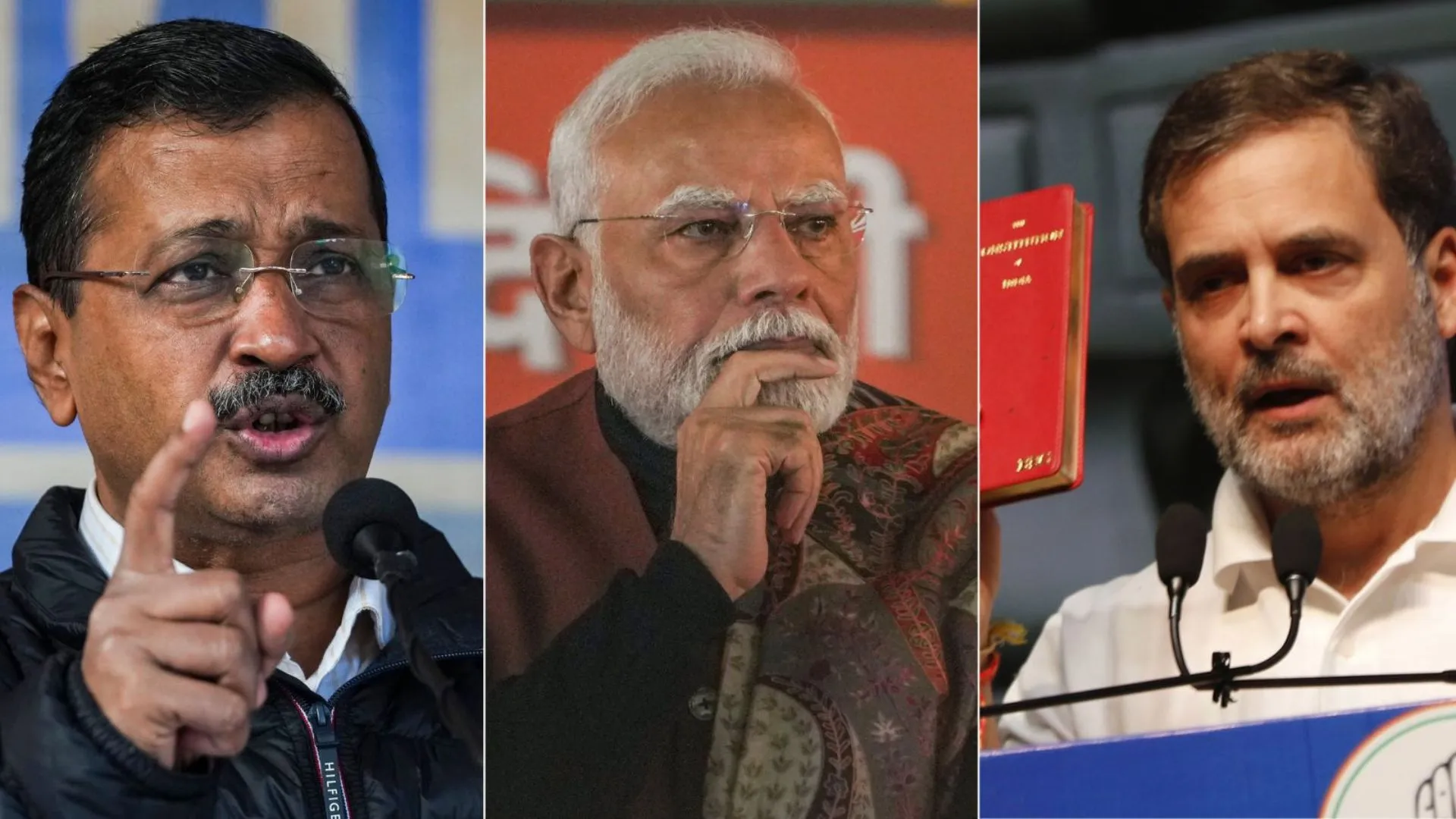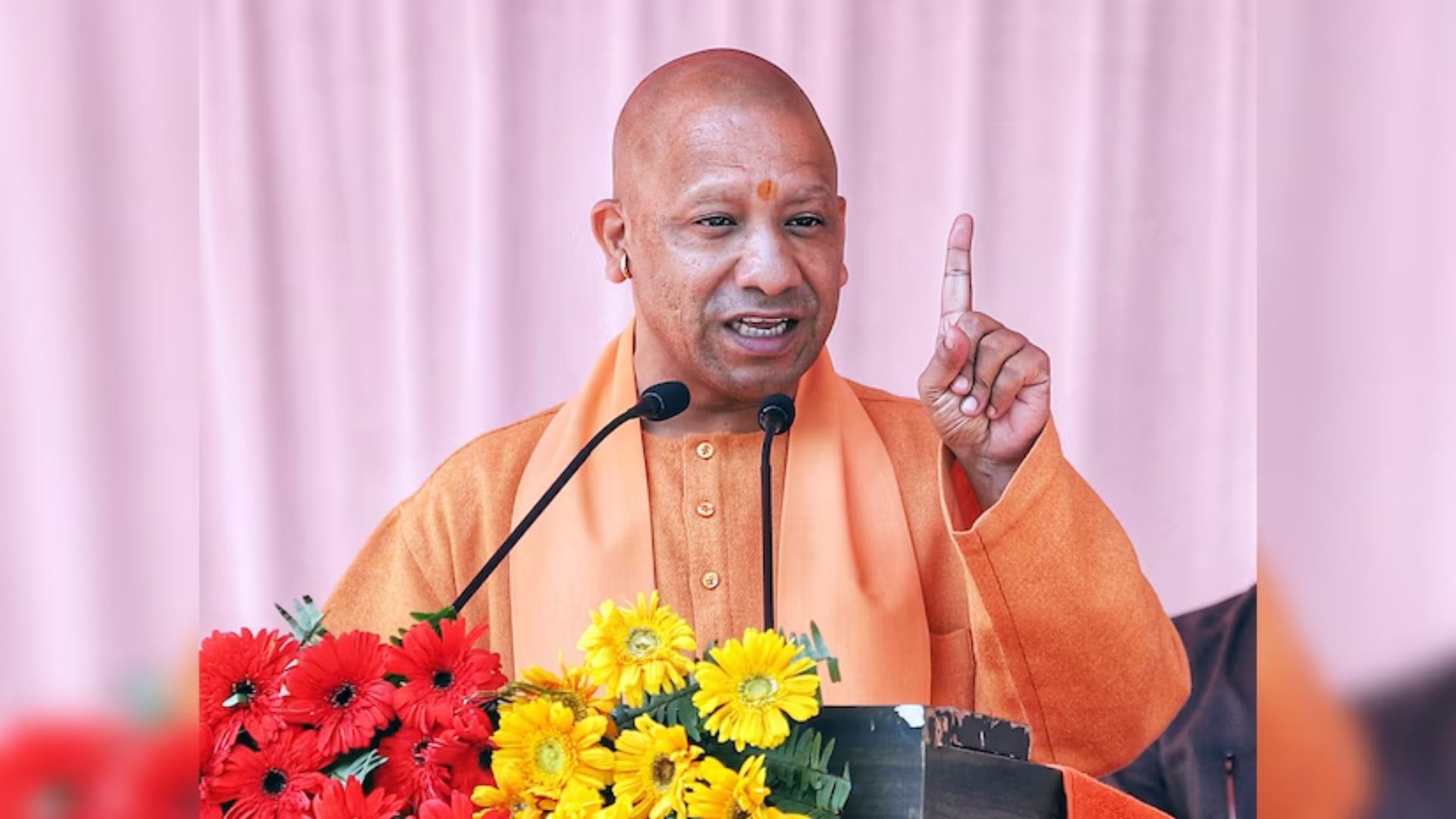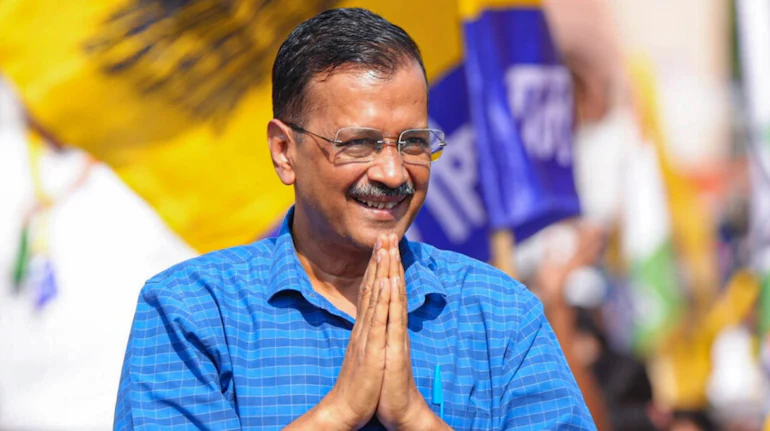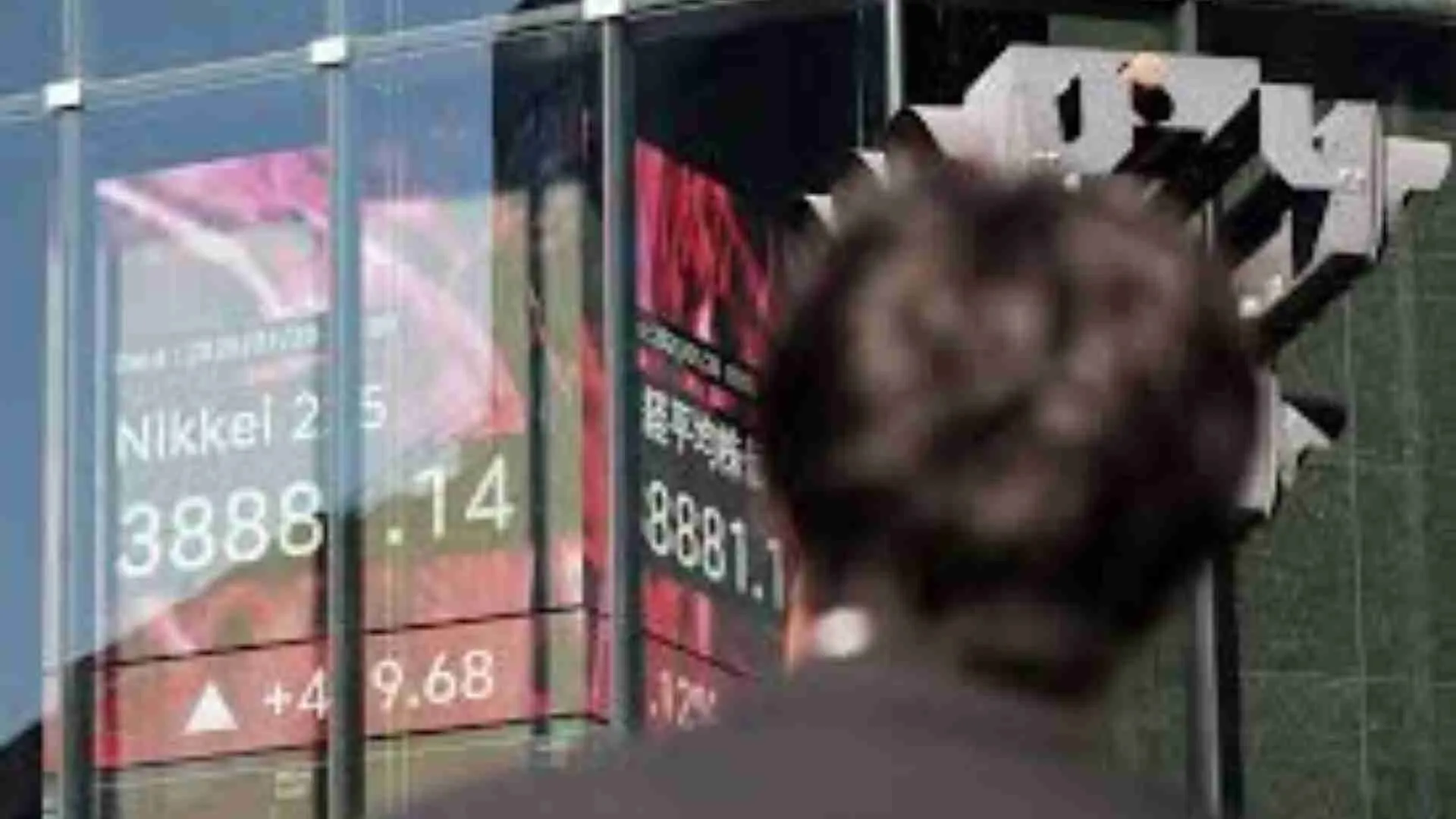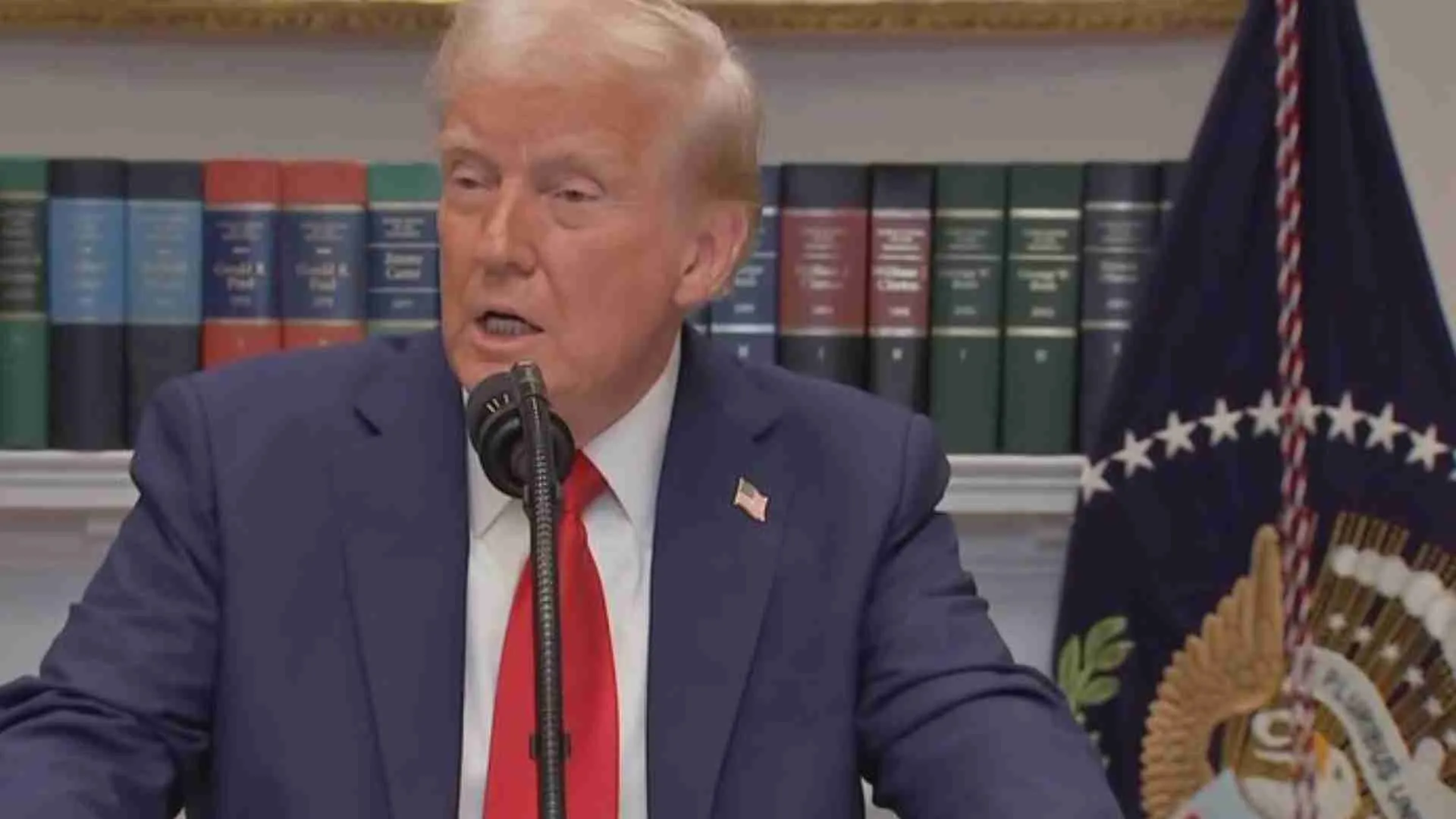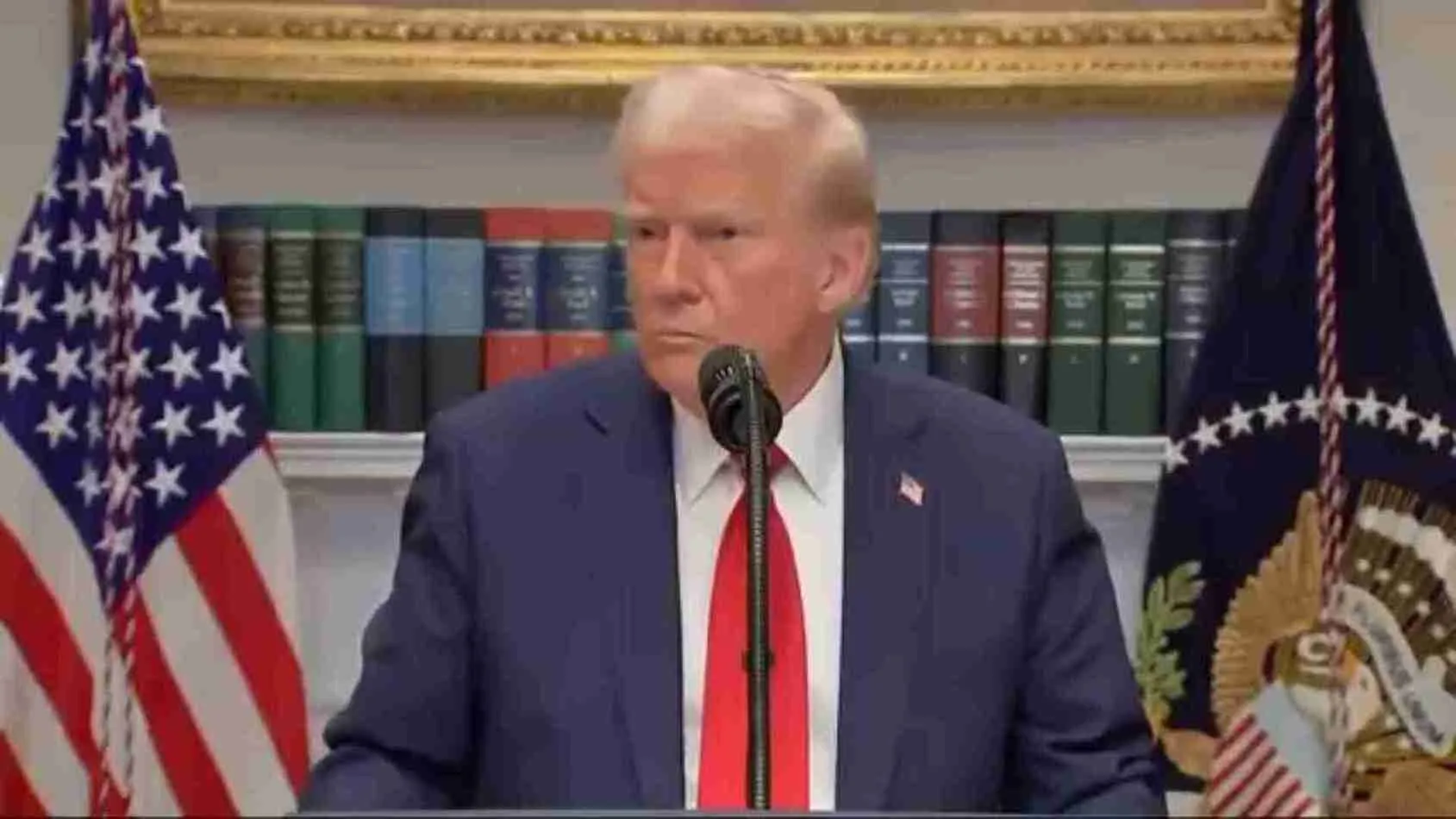Congress MP Jairam Ramesh on Sunday raised concerns about GST tax slabs complexity in the new GST Council’s meeting ahead of Union Budget 2025.
The Congress veteran and Rajya Sabha MP criticised the GST Council’s clarification on three different GST tax slabs for popcorn, calling it absurd.
Taking to X, Jairam Ramesh remarked on the issue, saying: “The absurdity of three different tax slabs for popcorn under GST, which has unleashed a tsunami of memes on social media, highlights a deeper issue: the growing complexity of a system that was supposed to be a Good and Simple Tax.”
The tsunami in question:
Even Popcorn reaches 18% GST Slab.
Next she'll tax air and sunlight.#GSTCouncil pic.twitter.com/xTpIjfkRve
— Dr Ranjan (@AAPforNewIndia) December 21, 2024
Finance secretary @rishibagree has put out an explainer after nationwide outrage on GST changes in Popcorn pic.twitter.com/wHB3EjSXlT
— RedBoxxLocal India Parody (@REDBOXINDIIA) December 21, 2024
If someone deserves a PhD for complicating simple rules then it's only a person.
A simple popcorn had 4 tax slabs! pic.twitter.com/yRKWwHFR8n
— Kamran (@CitizenKamran) December 20, 2024
Fake news on popcorn 🍿 spread by several noted Influencers got demolished.
This is the fact. pic.twitter.com/aXBXdHEE92
— Rishi Bagree (@rishibagree) December 22, 2024
During the GST Council meeting held on Saturday in Jaisalmer, Rajasthan, it was clarified that ready-to-eat popcorn mixed with salt and spices falls under HS 2106 90 99 and attracts 5 per cent GST when supplied as other than pre-packaged and labelled.
If supplied as pre-packaged and labelled, it attracts 12 per cent GST.
However, when popcorn is mixed with sugar, changing its character to sugar confectionery (e.g., caramel popcorn), it is classifiable under HS 1704 90 90 and attracts 18 per cent GST.
A statement issued by the GST Council after the meeting clarified that the decision regularises issues from the past on an “as is where is” basis.
It further stated that there was no new imposition of tax in this regard, as the clarification was needed to address inconsistencies caused by different field units demanding varying tax rates for the same product. The recommendation aims to settle disputes arising from interpretation.
In his post on X, Jairam Ramesh also alleged significant GST evasion.
“GST evasion is rampant, input tax credit fraud is common, and thousands of bogus companies have been set up to ‘game’ the GST system,” he alleged.
“Tracking supply chains is weak, the registration process is flawed, loopholes in turnover exemptions are being exploited, compliance requirements remain cumbersome, and goods are frequently misclassified.”
With the Union Budget less than 40 days away, Jairam Ramesh questioned whether the central government leadership – the Prime Minister and the Finance Minister – would undertake a complete overhaul and implement a GST 2.0.

